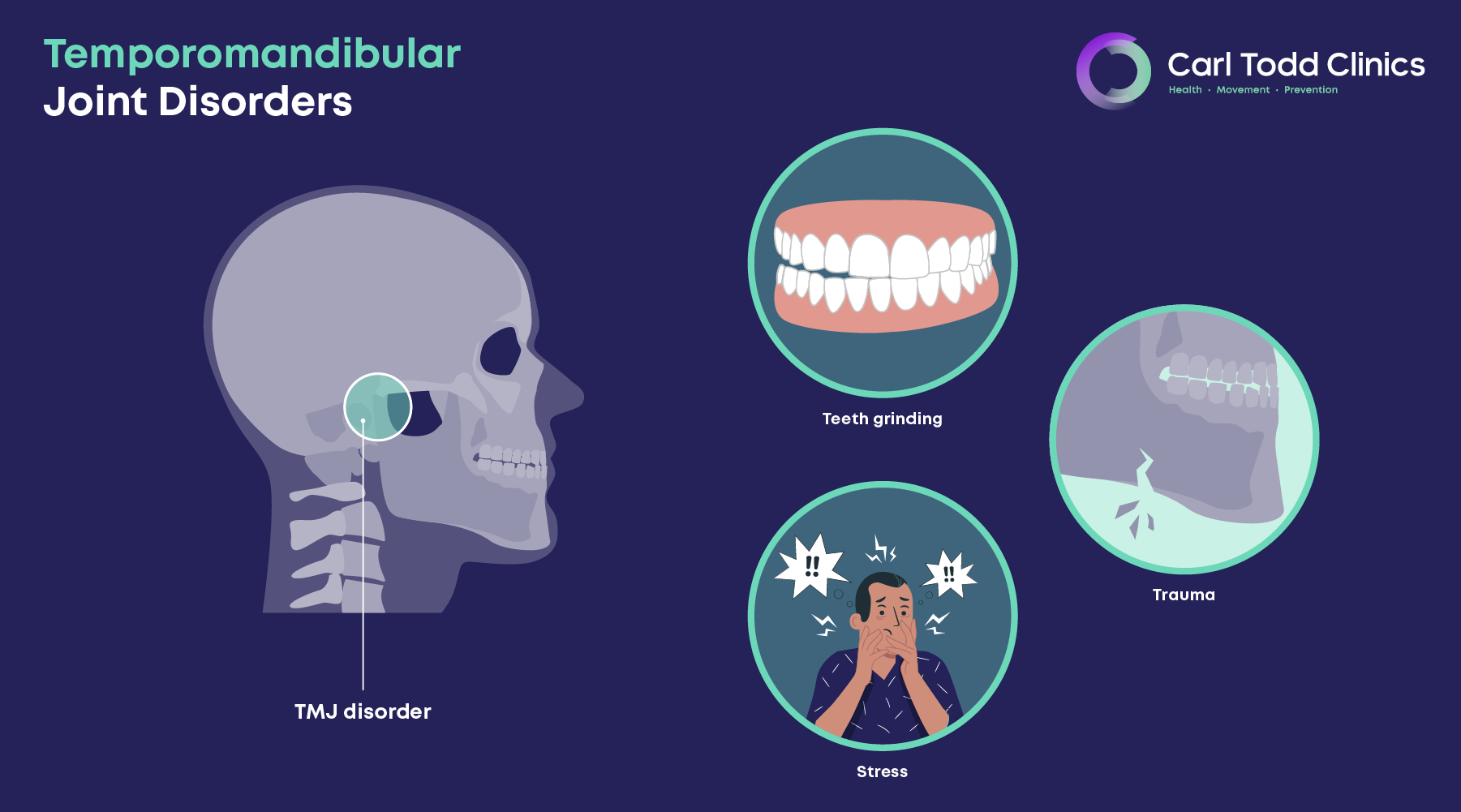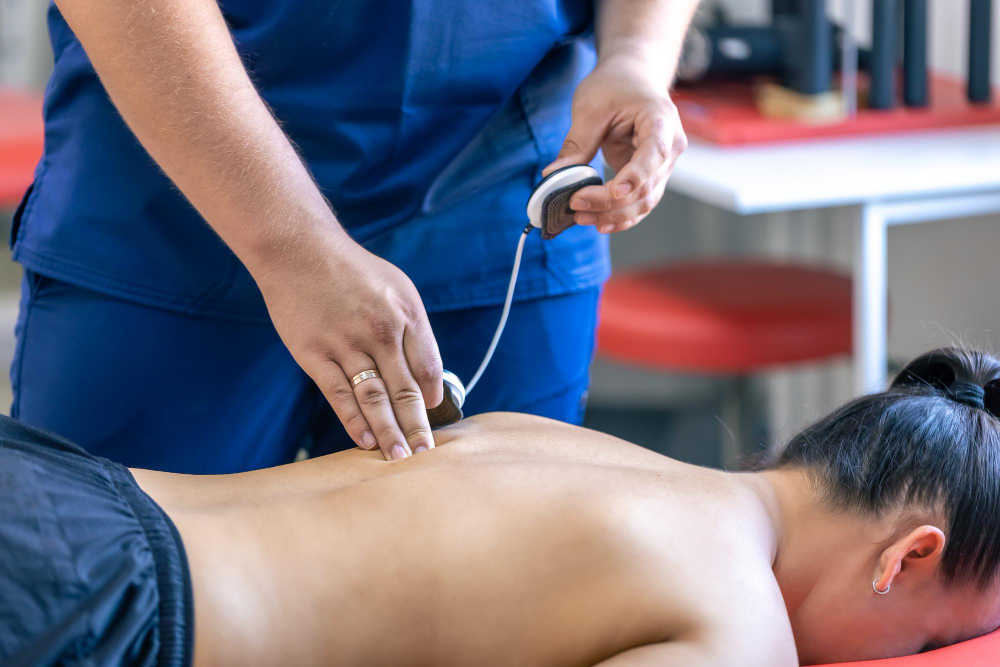TMJ is a crucial joint that connects your jawbone to your skull. When this joint becomes problematic, it can lead to a range of uncomfortable symptoms. In this article, we will explore what TMJ is, its causes, symptoms, diagnosis, prevention, treatment options, and whether it can be cured.
What is TMJ?
TMJ stands for Temporomandibular Joint, a hinge-like joint located on both sides of your face, just in front of your ears. This joint enables you to perform essential jaw movements like chewing, talking, and yawning. It’s a complex joint involving bones, muscles, ligaments, and discs, and any disruption in its function can lead to TMJ-related issues.

What causes TMJ?
The exact causes of TMJ disorders can vary, but they often result from a combination of factors such as jaw misalignment, teeth grinding (bruxism), arthritis, stress, poor posture, and even genetics can play a part. Clenching your jaw due to stress or habitually biting your nails can also contribute to TMJ problems. In some cases, trigger points in the muscles around the jaw area can play a role in the development of TMJ issues.
How to diagnose TMJ
Diagnosing TMJ involves a thorough assessment by a healthcare professional, such as an osteopath or dentist. The process usually includes a comprehensive medical history review, physical examination of your jaw’s movement, checking for tenderness, and listening for clicking or popping sounds when you move your jaw. In some cases, imaging tests like X-rays or MRI scans may be required to get a detailed view of the joint’s condition.
What are the symptoms of TMJ?
TMJ disorders can manifest in various ways, leading to discomfort and pain. Common symptoms include
- Jaw pain or tenderness
- Clicking or popping sounds when opening or closing the mouth
- Difficulty chewing
- A feeling of the jaw being locked
- Headaches, and even
- Earaches
Neck and shoulder pain can also be associated with TMJ issues due to the interconnected muscles in the area.
How to prevent TMJ
Preventing TMJ disorders involves adopting healthy habits. Avoid excessive gum chewing and nail biting, as these habits can strain the jaw. Practice stress management techniques, such as deep breathing and relaxation exercises, to reduce tension in the jaw area. Be conscious of your posture and try to maintain proper alignment to prevent unnecessary strain on the jaw joint.
How to treat TMJ
Treatment options for TMJ vary based on the severity of the condition. Conservative approaches often include lifestyle changes, physical therapy, and pain management techniques. Your osteopath might suggest gentle jaw exercises to strengthen muscles, heat or cold therapy, and massage to alleviate tension in trigger points. In more severe cases, a dental splint or mouth guard could be recommended to prevent teeth grinding and correct jaw alignment.
Can TMJ be cured?
The outlook for TMJ varies depending on the individual and the underlying causes of the disorder. Many people find relief through proper management and lifestyle changes. Osteopathic treatments, along with a holistic approach, can significantly improve symptoms and overall quality of life. It’s essential to work closely with a healthcare professional to develop a tailored treatment plan that suits your needs.
Understanding TMJ, its causes, and symptoms is the first step towards managing this condition effectively. If you’re experiencing any symptoms of TMJ or have concerns about your jaw’s health, don’t hesitate to reach out to our experienced osteopathic team. We’re here to provide personalised guidance and holistic care to help you achieve optimal jaw function and comfort!
Remember, your health matters, and taking proactive steps can lead to a happier, pain-free life. Contact us today to schedule a consultation and embark on your journey towards better TMJ health.





